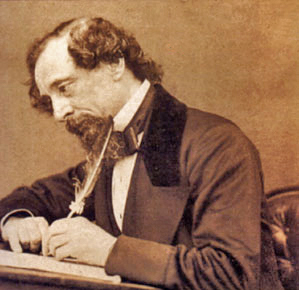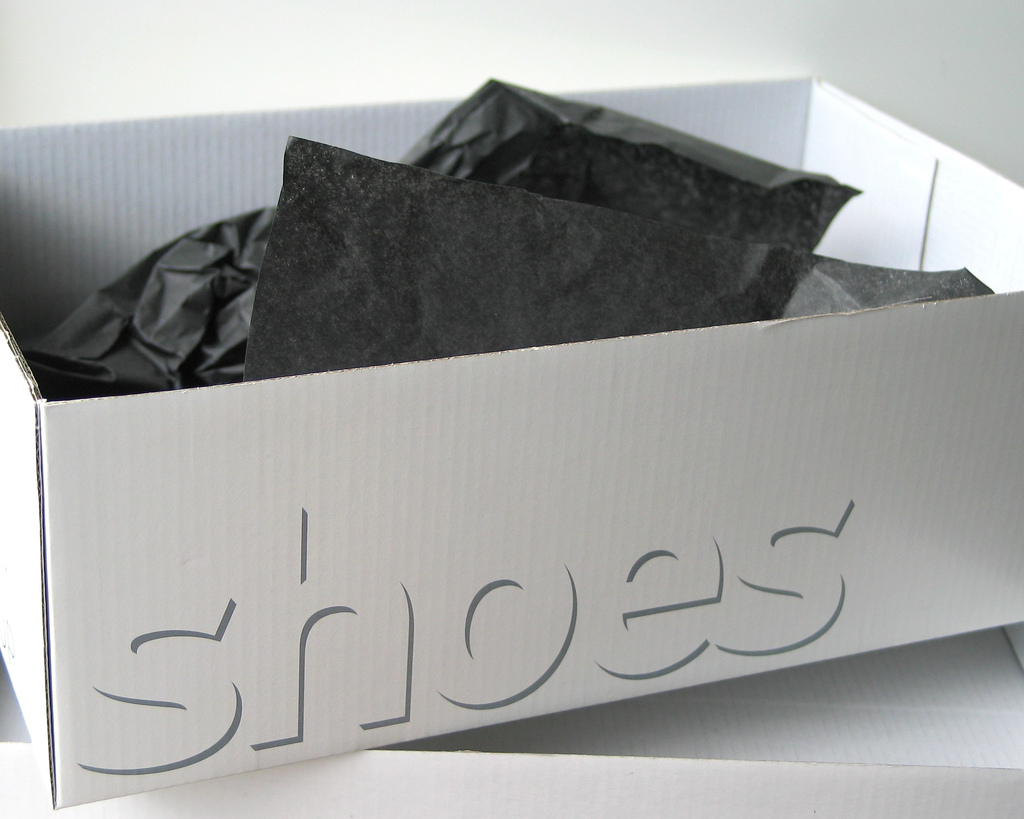I don't know about you, but I can hardly bear to hear any more about e-books for a while, after a couple of weeks of hearing various experts' predictions for the future of publishing; hearing about the cornucopia of new e-readers being shown at the Consumer Electronics Show; and the incessant drumbeat of rumors about the Apple tablet, aka Unicorn. But a new wrinkle in the e-book rights tussle occurred to me as I was pondering
Jonathan Galassi's New York Times op-ed that argued why e-book rights to backlist titles like William Styron's Sophie's Choice should remain with Styron's hardcover publisher, Random House, even though their contracts were written before e-books existed.
As I have written here before, there is legitimate (and spirited) debate about that assertion. But what I'm wondering about now is books whose contracts were drafted more recently. In the early 1990s, when the internet was starting to happen and books on CD-ROM were the hot new thing, publishers sensibly began revising their contract boilerplate to include electronic book publication among the rights granted by the author. However, this new language drew a distinction between what's usually called "verbatim text"--i.e. the display of the author's words via some electronic device--and what was often called "multimedia"--i.e. something that included video, sound, or interactive elements (John Waters'
Odoroma, perhaps) along with the written text. And in a large majority of contracts--I'd guess almost all contracts where agents were involved--multimedia rights were reserved by the author.
Most agents back then concurred with the general notion that the publisher ought to control any version of the book that involves reading it as you would the print edition. But most all of us, agents and publishers alike, thought of "multimedia" as something different from "book." (As I said in my
last post, it
is different from a conventional book and requires a different level of investment in content and editing.) Several agents also maintained that movie studios--agents had wrested movie rights from book publishers decades earlier--would refuse to acquire book properties unless they hoovered up anything multimedia-ish in the deal.
So from that day right up until now, most book contracts grant "verbatim text" rights to the publisher and reserve multimedia versions to the author.
Are you seeing the problem here? Today, publishers are eager to publish
"enhanced" e-books, and the enhancements include, say, author interviews on video. One company,
Vook, has launched a business specifically to create versions of print books that include pictures, film clips, hyperlinks and so on.
This may not be an issue for new titles, where the enhanced edition is conceived when or before the contract is drawn. But it's going to be very tricky for the last 15 years' worth of books. Unlike the situation with authors from the 50s or 60s, where publishers can argue the author's general grant of book rights included a form not yet invented, we're talking about contracts that explicitly
do give the publisher the right to a Kindle-type, text-only e-book, but
not to a Vook-type,
text-plus-video/audio/Odorama version. Even if the "enhancement" is a two-minute Q&A with the author, filmed with a Flip cam, one could argue that's multimedia.
I still believe e-book rights should stay with the original publisher, but we will have to revise our definitions of e-books and our boilerplate language to avoid a situation where the publisher could find his author issuing a competing e-edition on the grounds it's a "multimedia adaptation."
It won't be the main theater of operations, but this could be a new front in the e-book wars.








